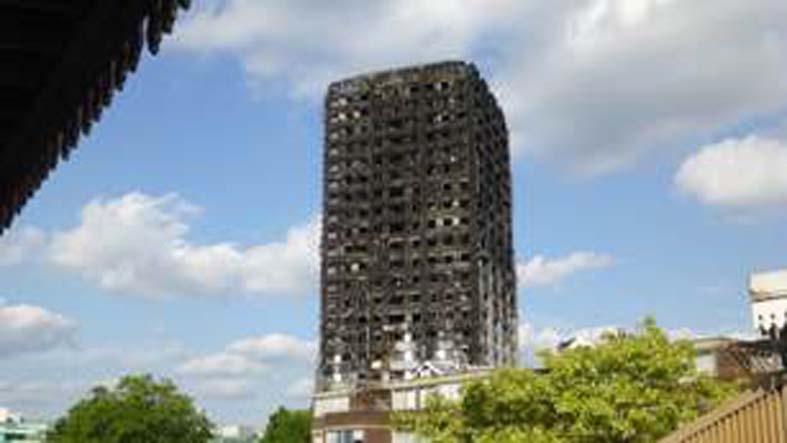Trelleborg’s offshore operation has showcased its range of high-performance solutions, from topside to subsea at the Offshore North Sea (ONS) in Stavanger, Norway, held from 27-30 August 2018
Fire Safety
Beele Engineering develops fire safe plastic transit system
The Netherlands-based Beele Engineering has developed a new range of HE plastic transit sleeves and frames, aiming to provide comfortable transit of cables and pipes and to provide for a fire-resistant, gas, smoke and watertight seal
Bristol demonstrates new firefighting solution in Sharjah
Bristol Fire Engineering, Abu Dhabi-based firefighting solutions provider, has showcased the latest technology in aerial hydraulic platforms through live demonstrations organised for senior civil defence and government officials
New initiative to develop global standards for fire safety in buildings
More than 30 organisations from around the world have come together to develop landmark industry standards to address fire safety in buildings
The group, known as the International Fire Safety Standards (IFSS) Coalition, was launched in early July at the United Nations in Geneva, Switzerland.
The coalition, which is chaired by Gary Strong, global building standards director at the UK’s RICS (Royal Institute of Chartered Surveyors), consists of local and international professional bodies and standard-setting organisations committed to developing and supporting a shared set of standards for fire safety in buildings.
The standards aim to set and reinforce the minimum requirements professionals should adhere to ensure building safety in the event of a fire.
As the property market has become increasingly international with investments flowing across national borders, the sector still lacks a consistent set of high level global standards that will inform the design, construction, and management of buildings to address the risks associated with fire safety.
Differences in materials testing and certification, national building regulations or codes, and standards on how to manage buildings in use, particularly higher risk buildings, means there is confusion, uncertainty and risk to the public.
Strong cites the Grenfell Tower fire in June 2017, which claimed 72 lives, as a recent example which demonstrates the need for a coherent global approach to fire safety. He says that the fire not only focused attention on building and fire safety in the UK, but also exposed global inadequacies in how fire safety standards are set.
“The Grenfell Tower fire focused the world’s attention on how many buildings are threatened with the prospect of failing fire safety standards,” he comments. “All over the world we see the need for more high-rise structures, some residential, some commercial and some mixed-use buildings, particularly in cities.
”Our concern is not with the height of these buildings but with the risks they pose in the absence of a coherent and harmonised approach to setting global standards in fire safety. The effort by the IFSS Coalition aims to address this concern and bring together the design, construction and management aspects of ensuring fire safety of building assets.”
Initially, the IFSS Coalition will set up a Standards Setting Committee that will draw on a group of international technical fire experts to develop and write the high-level standards to ensure they are fit for purpose across global markets.
Once the high-level standards are developed, the IFSS Coalition will work with professionals around the world to deliver the standards locally.
‘Culture of non-compliance’ at Grenfell Tower, inquiry hears
A catalogue of safety failings contributing to the spread of the fire at Grenfell Tower have been highlighted in reports from experts for the public inquiry into the fire






